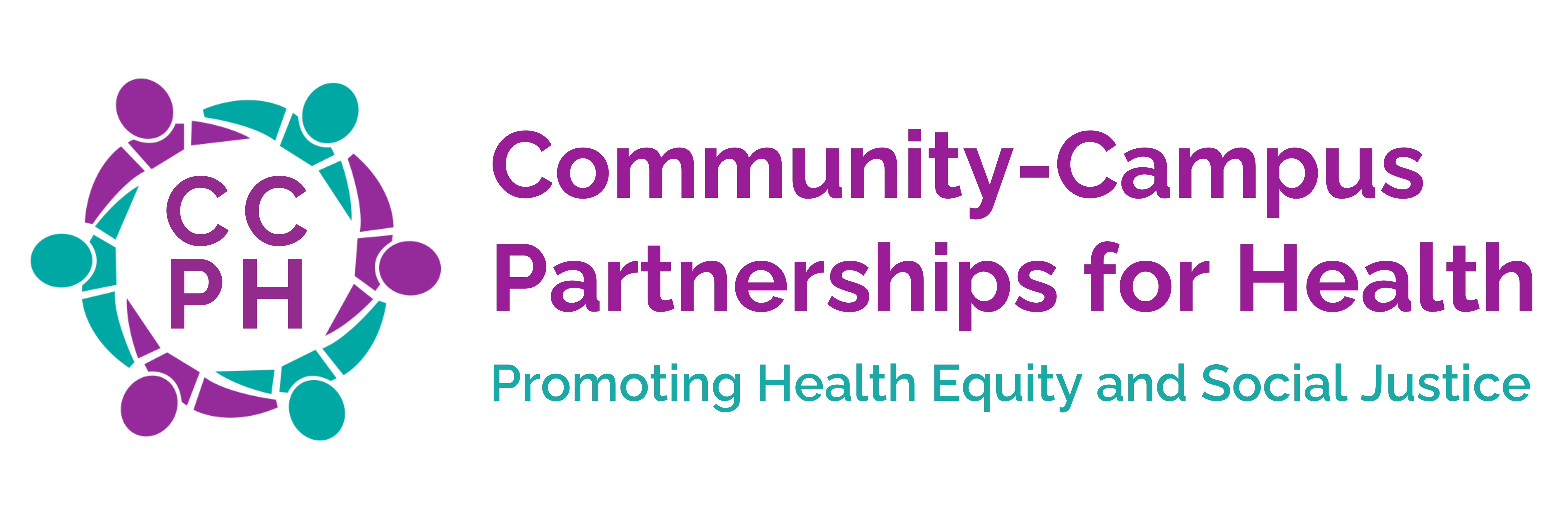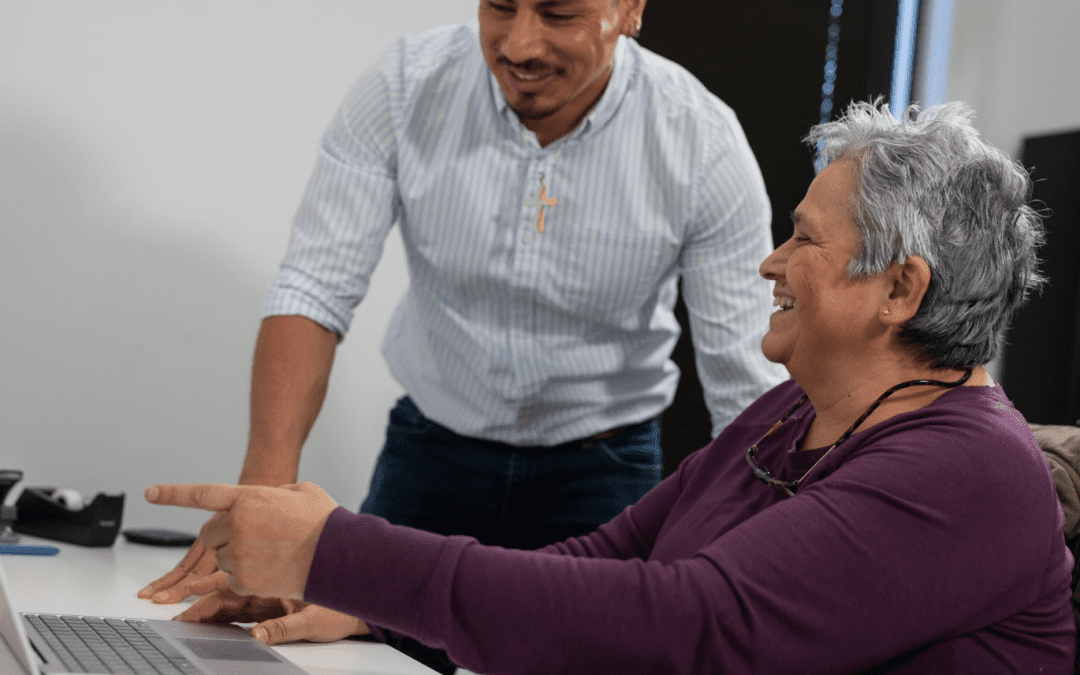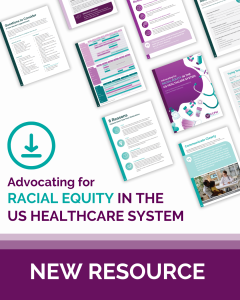Winners: Javier Alegre and Teresa Molina, PhD LCSW from the Latino Behavioral Health Partnership!
Javier Alegre and Dr. Teresa Molina from the Latino Behavioral Health Partnership are amongst a pool of incredible applications highlighting partnerships between community and institutions all working toward health equity amidst a syn-demic of COVID-19, racism and economic collapse, we are pleased to announce our 2021 RWJF-CCPH Award for Health Equity.
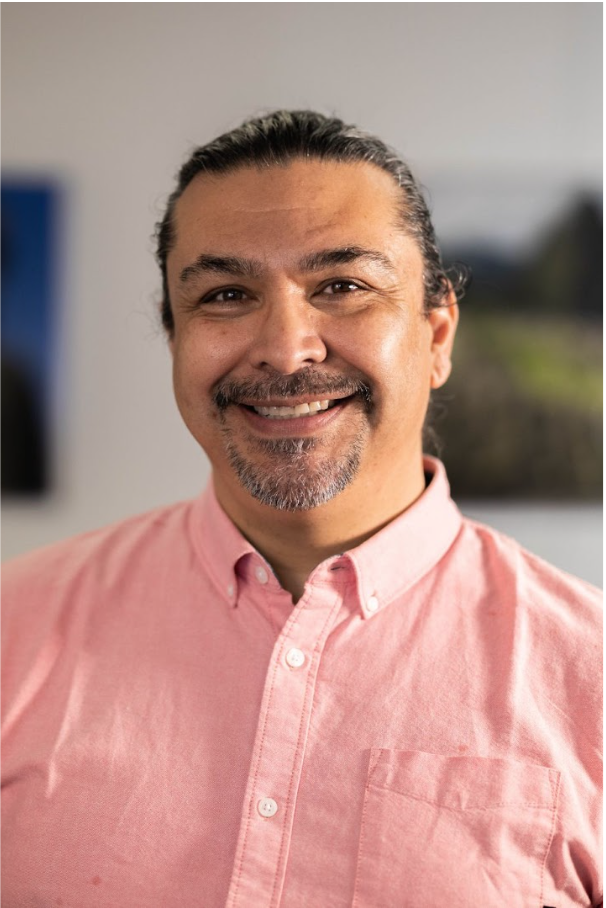
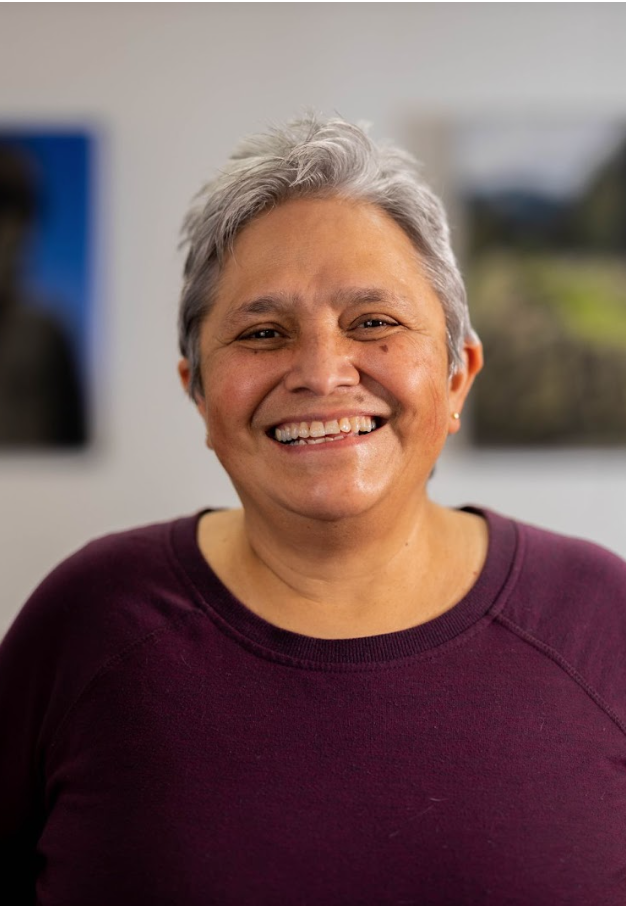
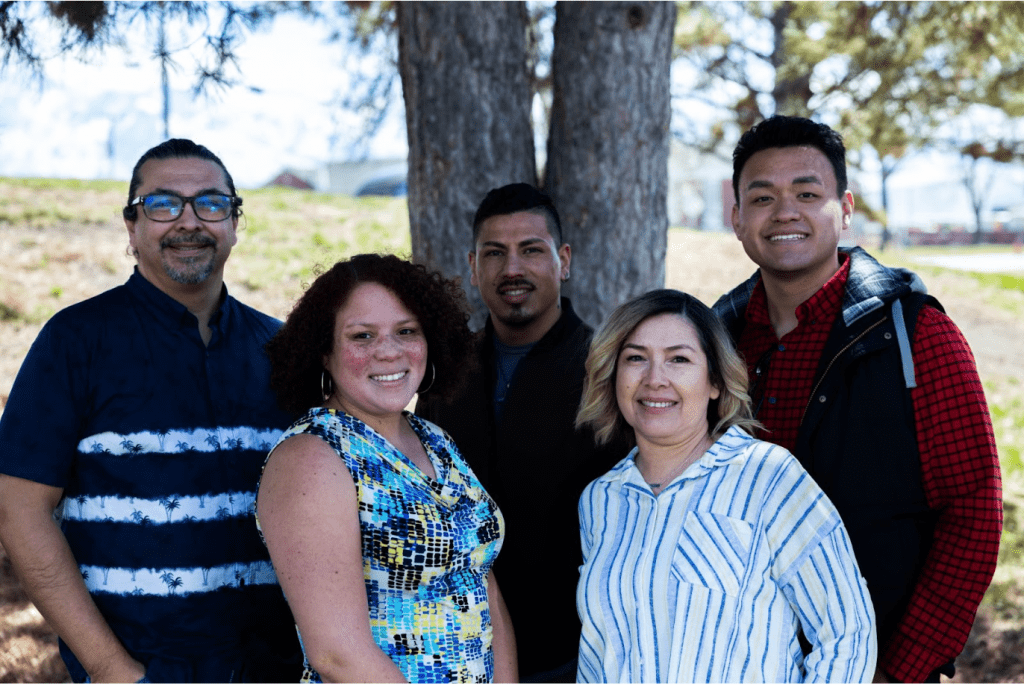
About the Latino Behavioral Health Partnership (LBHP):
For ten years, the Latino Behavioral Health partnership has worked to advance mental health and wellbeing among Latinx and other culturally and linguistically diverse (CLD) communities in Utah, and to end systemic inequities that deny access to culturally and linguistically responsive mental health supports. The partnership is rooted in principles of inclusion, access, equity, opportunity, collaboration, and the possibility of good health for all. The partnership has been at the forefront of an effort to shift the mental health paradigm in Utah from one that diagnoses and treats individual mental illnesses, to one that promotes recovery and wellbeing by addressing the individual, family, community, and institutional factors that shape mental health outcomes in communities facing marginalization.
The partnership’s multi-pronged, systems change strategy aligns with several Culture of Health action areas. It fosters cross-sector collaboration by bringing together community organizations, higher education, community leaders, agencies, schools, local governments, hospitals, clinics, and healthcare and insurance providers in sustainable partnership. It works to decrease stigma and promote mental wellness as a shared value through educational initiatives and a peer-to-peer model in which members of the community build a sense of belonging and become leaders and civic agents in the work. It strengthens health services and systems by promoting culturally and linguistically responsive care and building the diverse, multilingual workforce that can offer it. And, perhaps most importantly, it centers the voice and leadership of those most impacted: CLD residents who have experience with mental illness/substance use and recovery.
Much of the strength of the Latino Behavioral Health partnership is rooted in its long history as an equitable, collaborative, mutually beneficial community-university partnership. Since day one, when Dr. Molina and Jacqueline Gomez got it started, it has been a model of how to balance the power and goals of university and community actors, while centering those most impacted by mental health inequities. In fact, the partnership has often challenged the community-university binary and blurred the lines between them. For example, Dr. Molina herself is a member of the local Latinx immigrant community. And, a key indicator of the partnership’s success is the large number of community members who have gone on to become undergraduate students, graduate students, and even staff and instructors at the university.
The Latino Behavioral Health partnership was incubated within University Neighborhood Partners, a university unit that convenes community-campus partnerships. It hewed to UNP’s core principles for partnerships, which align closely with the CCPH principles, such as a shared vision and values, mutual benefit, trusting relationships, power-sharing, and a strength-based approach. Principles like these are always a work in progress. But they can be clearly seen in the Latino Behavioral Health partnership’s thoughtful partnership agreements, their wide and diverse network, their constant insistence on centering and hiring CLD residents, the long-term commitment of so many partners who continue coming back to support the work, the many learning and research projects that are conducted, and the growing capacity of participating organizations and individuals.
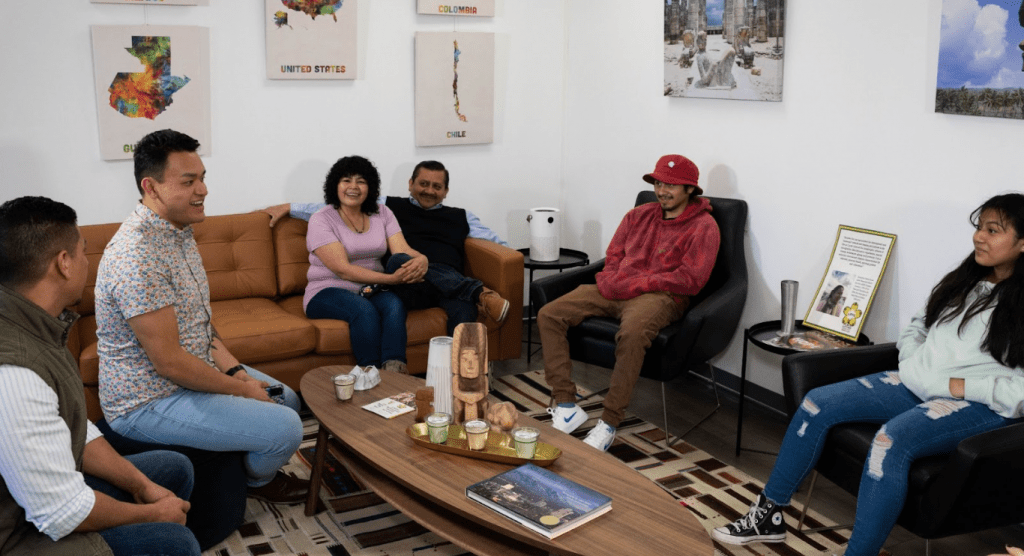
Ways in which the LBHP responded to the COVID-19 Pandemic:
Under the leadership of Javier Alegre and Dr. Molina, the LBHP has been proactive in addressing the increasing mental health burden spurred by COVID-19, as well as socioeconomic barriers to wellness magnified by the pandemic.
Early in the pandemic, LBHS, like many other providers, built out its capacity to offer its mental health services online. However, partners knew this was not enough to ensure access because of the entrenched digital divide separating those with computer access and literacy from those without. So, LBHS, University Neighborhood Partners, and Continuing Education at the University of Utah worked with an initiative led by the Salt Lake City Public Library to hire community-based “digital navigators” to distribute hundreds of computers and offer computer training to their community and other marginalized communities in the Salt Lake Valley.
The digital divide has not been the only barrier to accessing mental health supports during COVID-19. Immediate needs such as paying rent, feeding families, and caring for sick loved ones often took precedence in families’ day-to-day struggles to get by. So, LBHS and several of its community-based partners worked with University Neighborhood Partners, Salt Lake City, and the State of Utah to identify and hire local “cultural navigators” who could connect community members with direct support funds, rent relief, and public health information in preferred languages.
As a result of this work, LBHS has actually seen a large increase in the number of people accessing online care and support.
To learn more about the Latino Behavioral Health Partnership, visit their website here.
